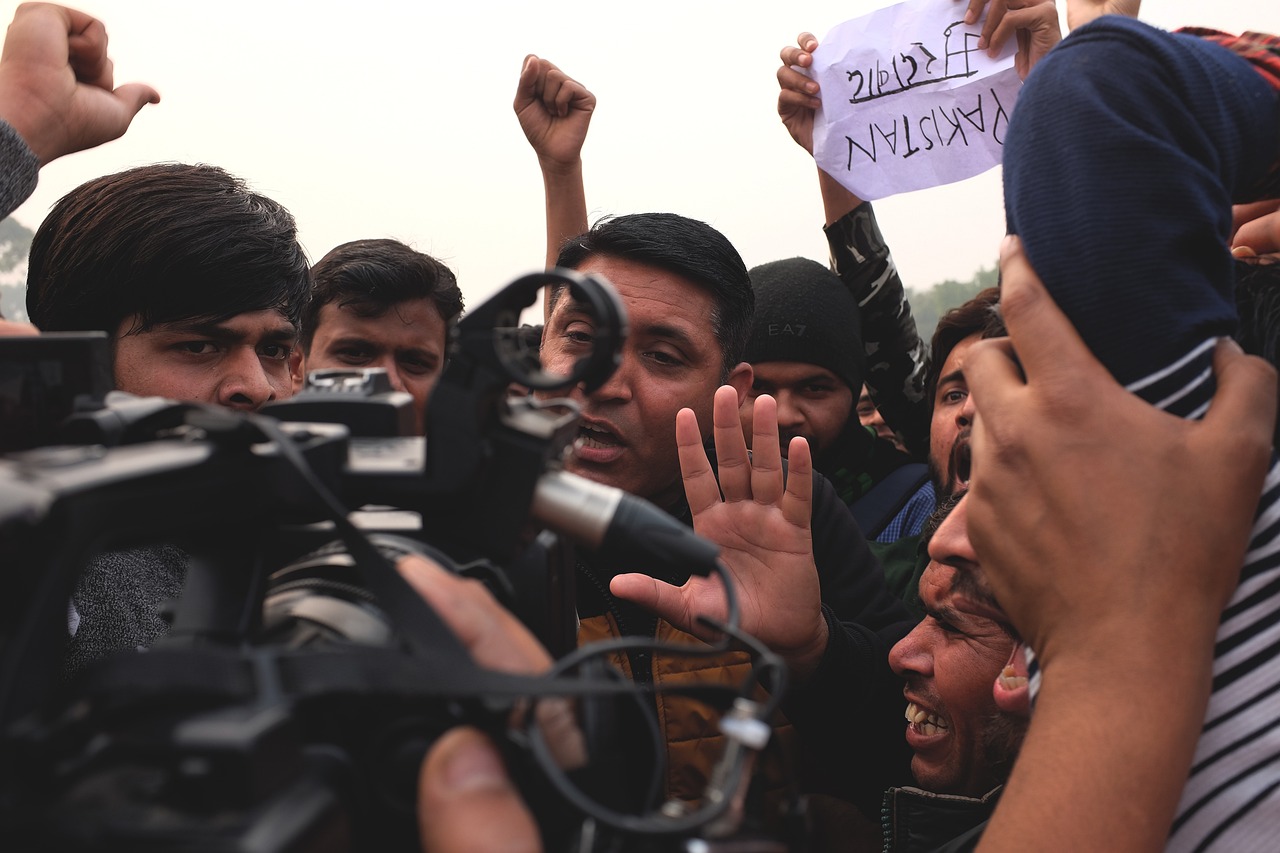Exploring the Role of Political Debates in Shaping Election Narratives
Political debates play a significant role in shaping voter perceptions during electoral campaigns. These televised events capture the attention of a broad audience, providing candidates with a platform to showcase their policy proposals and leadership qualities. For many voters, debates serve as a critical moment to evaluate the capabilities and ideologies of each candidate in a side-by-side comparison.
The manner in which candidates present themselves and engage with one another during debates can greatly impact voter perceptions. Strong and persuasive communication skills are essential for candidates to effectively convey their messages and connect with the electorate. Additionally, body language, facial expressions, and tone of voice all play a part in influencing how candidates are perceived by viewers.
The Power of Rhetoric in Political Debates
In political debates, the power of rhetoric is demonstrated through the strategic use of persuasive language and communication techniques. Candidates often rely on rhetorical devices such as ethos, pathos, and logos to sway the opinions of voters. By crafting compelling narratives and appealing to emotions, debaters can effectively influence public perception and strengthen their arguments.
Moreover, the delivery of rhetoric in political debates plays a crucial role in shaping the overall perception of a candidate. A skilled debater can employ tone, gestures, and articulation to convey confidence and authority, which can enhance their credibility in the eyes of the audience. In this way, the power of rhetoric extends beyond mere words, encompassing the entire performance of the candidate on the debate stage.
How Political Debates Shape Media Coverage
Political debates play a crucial role in shaping media coverage during election cycles. As candidates engage in heated discussions on various issues, media outlets closely follow and report on the key points raised. This coverage not only influences how the public perceives the candidates’ platforms but also serves as a platform for analyzing their strengths and weaknesses.
Through strategic messaging and persuasive arguments, candidates have the power to sway public opinion through the media coverage of political debates. By articulating their policies and attacking opponents in a manner that resonates with viewers, candidates can effectively shape the narrative surrounding their campaigns. As media outlets amplify these messages to a wider audience, the impact of political debates on public perception becomes even more pronounced.





